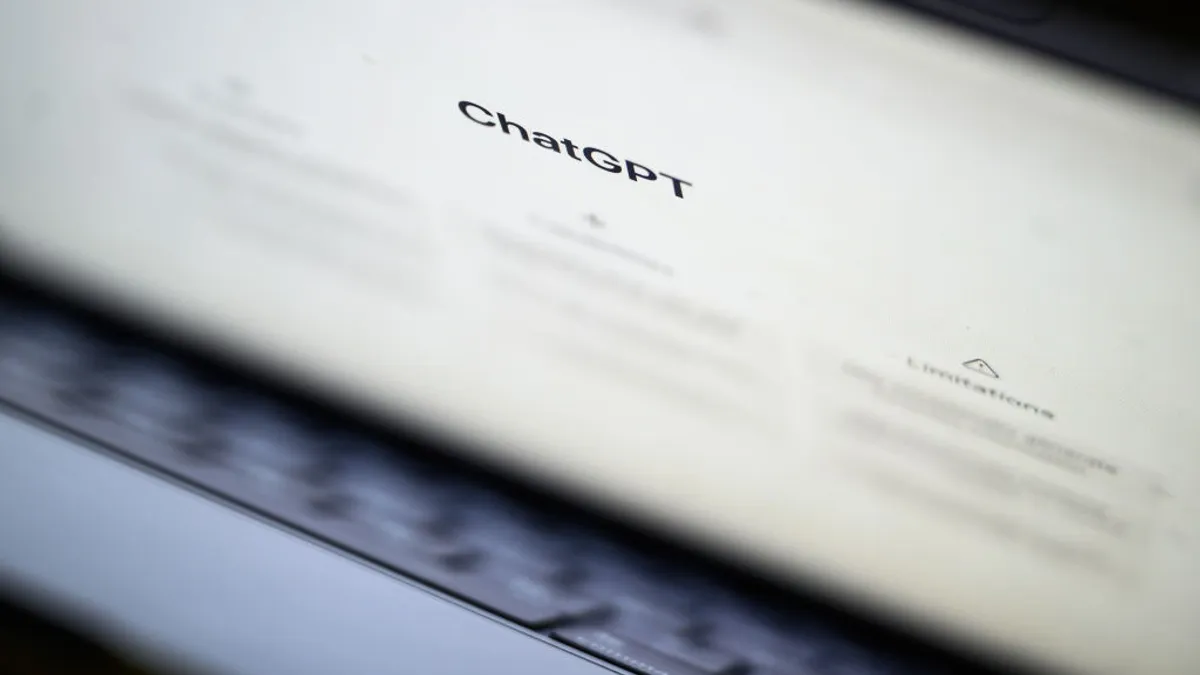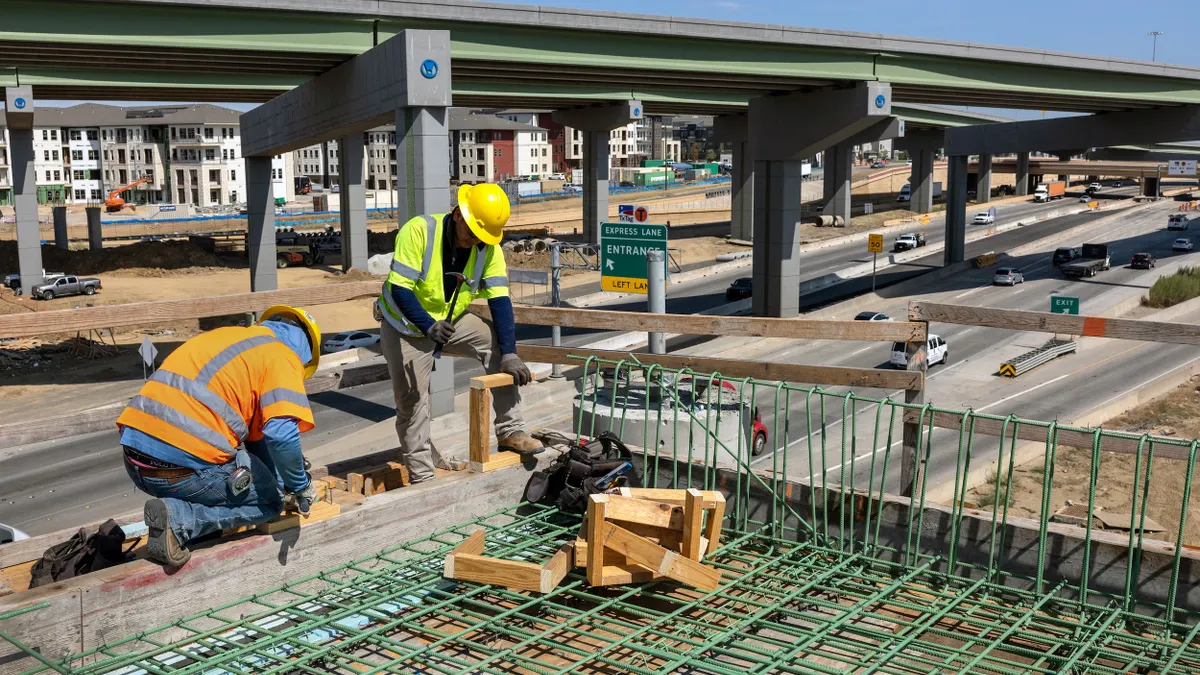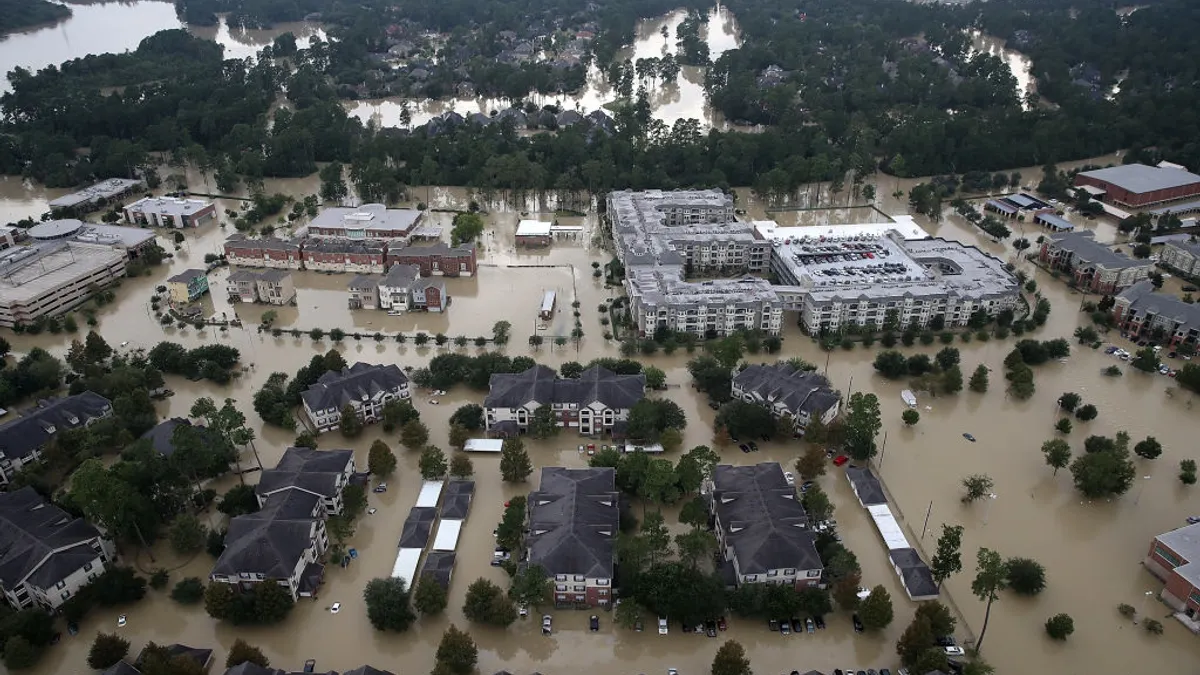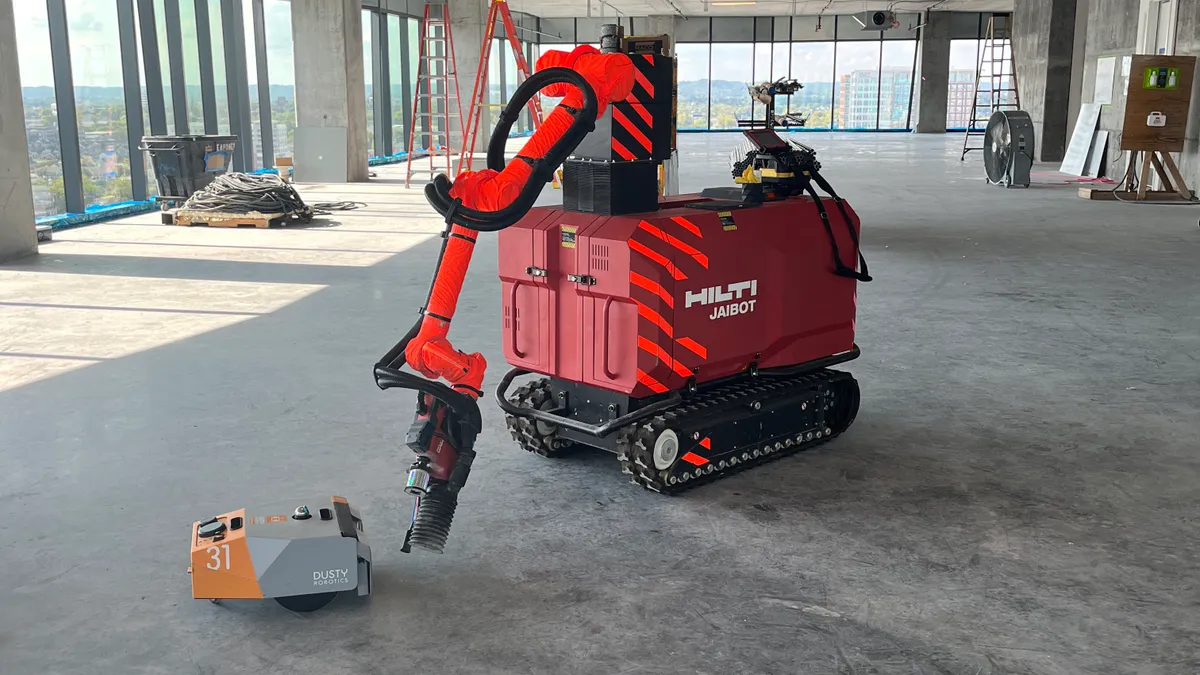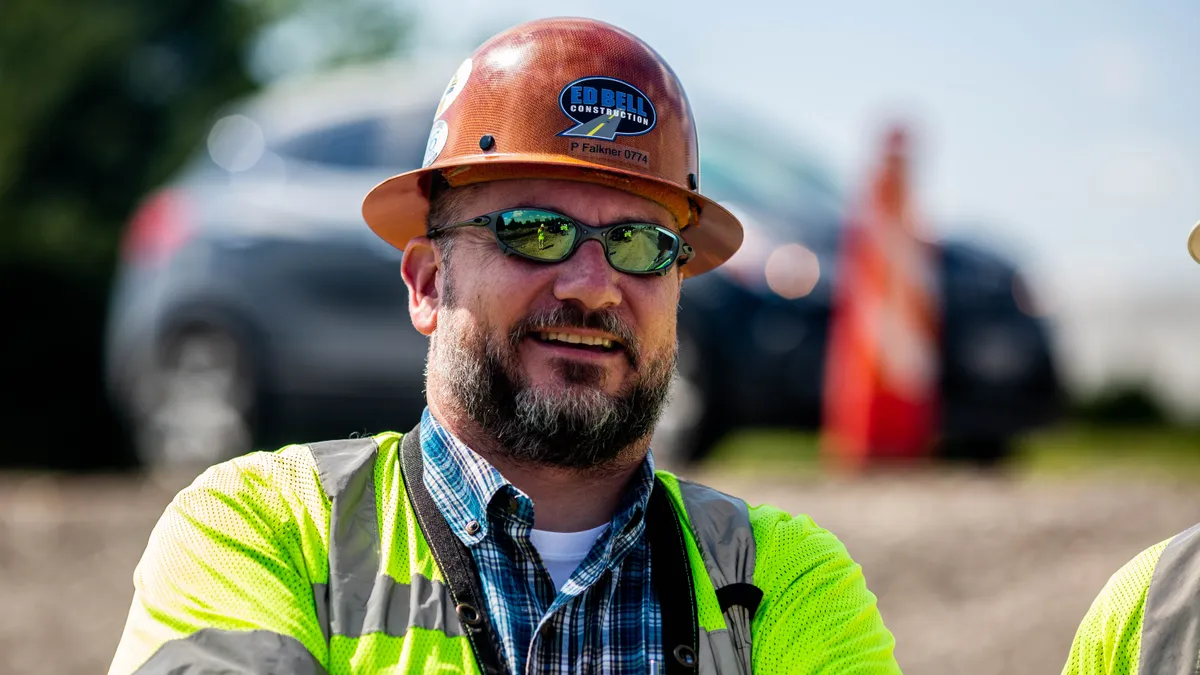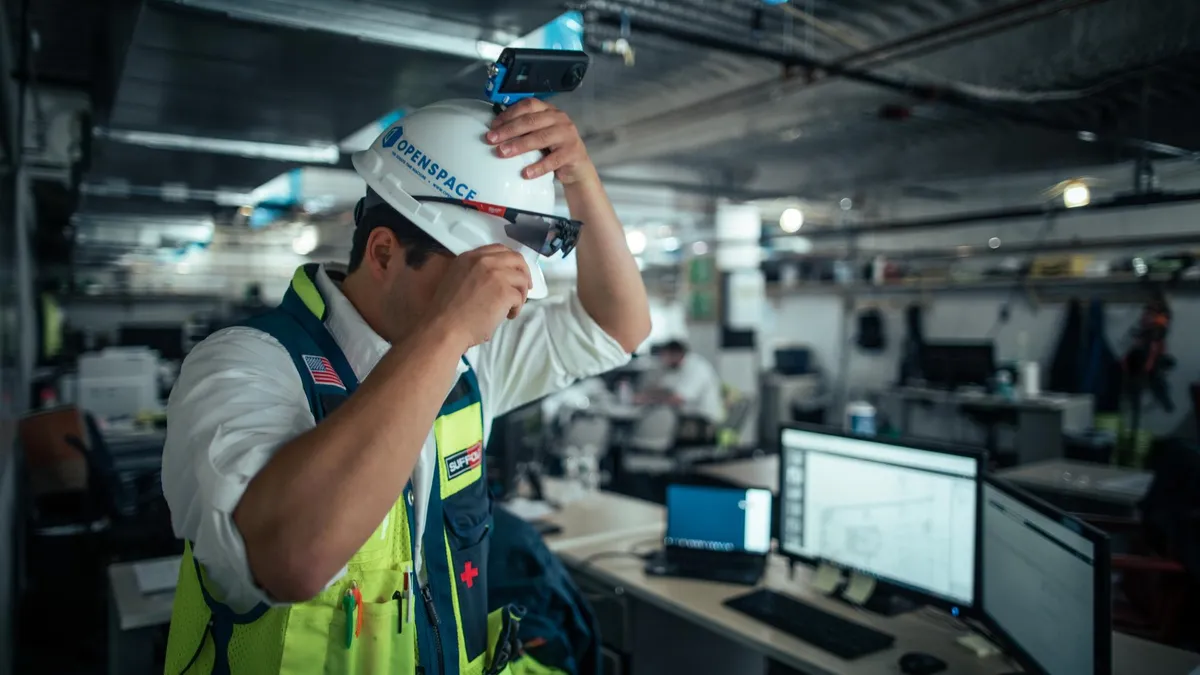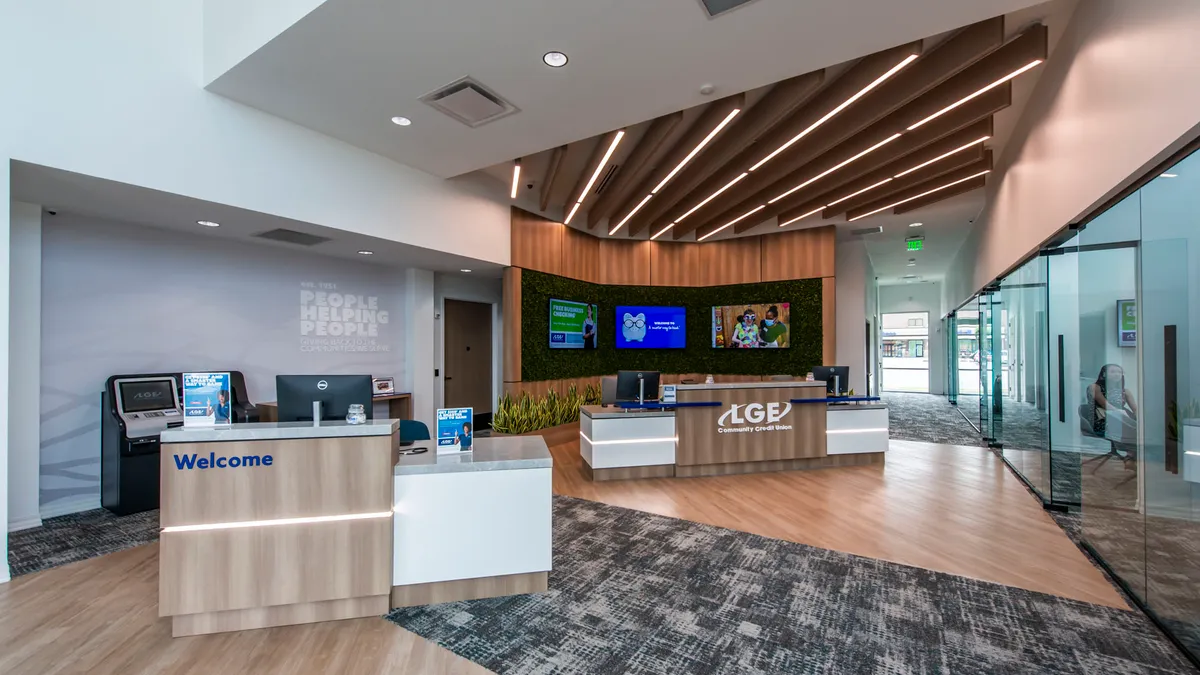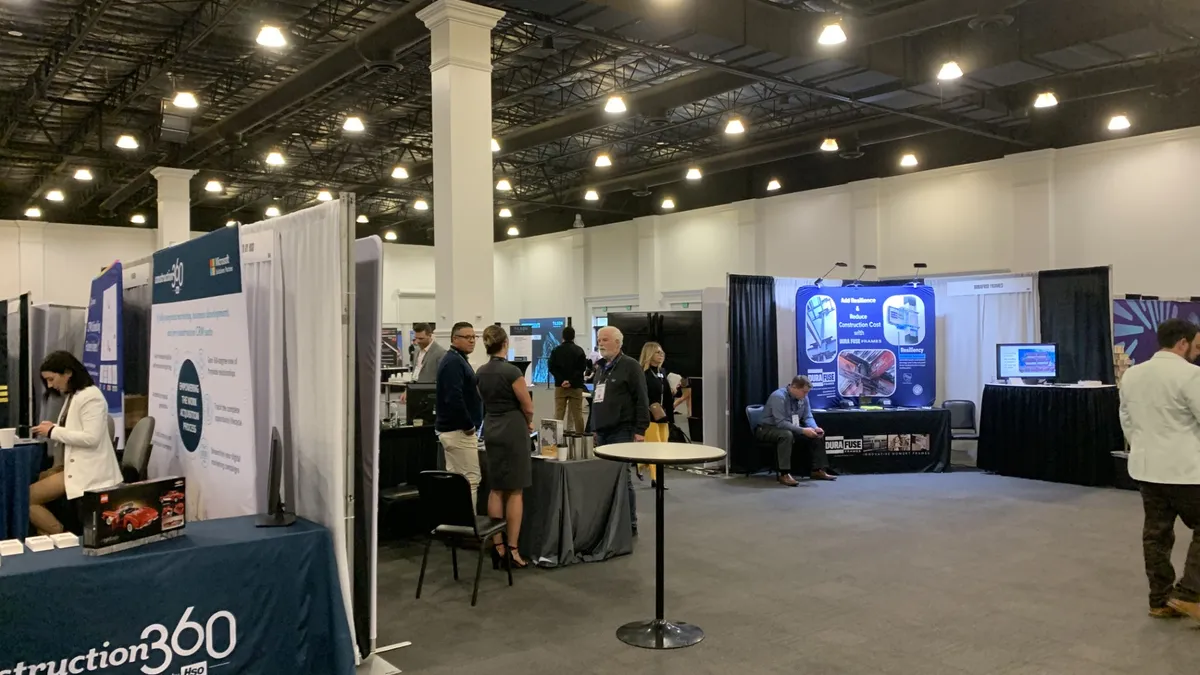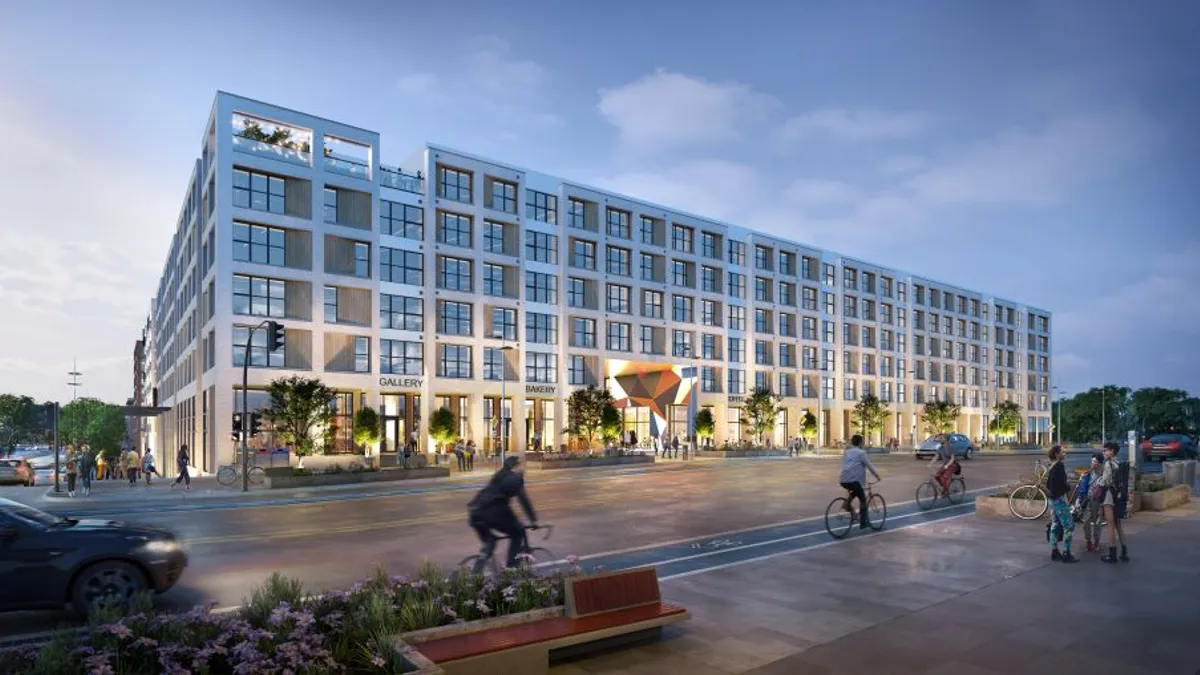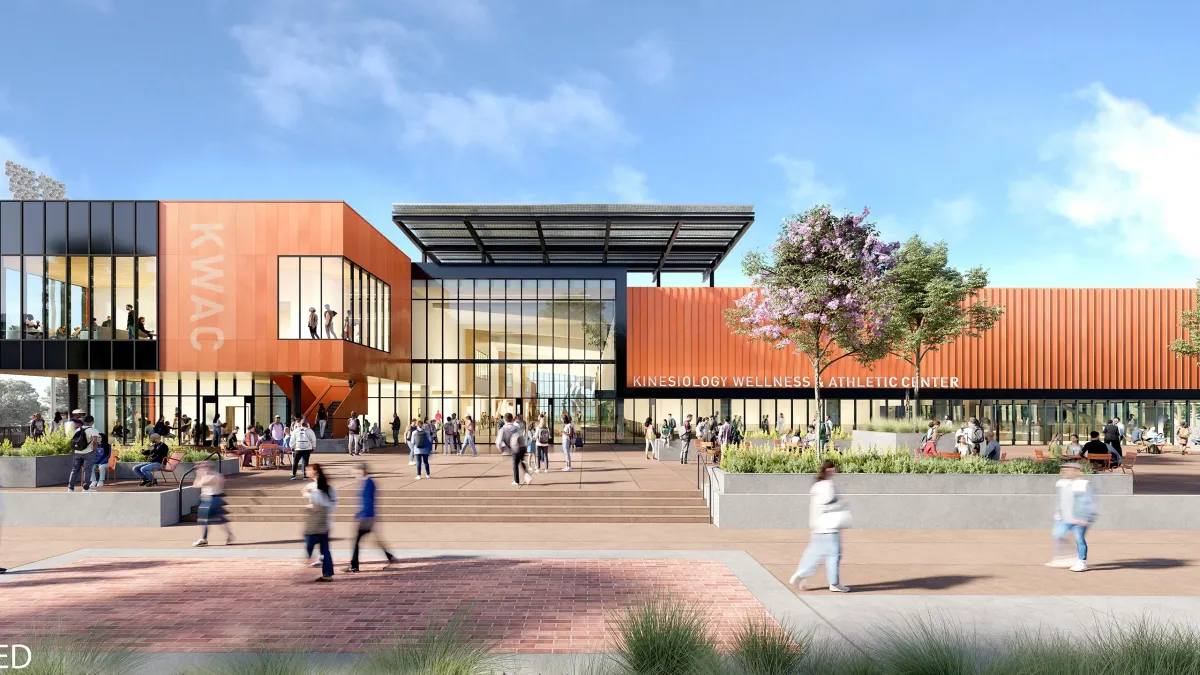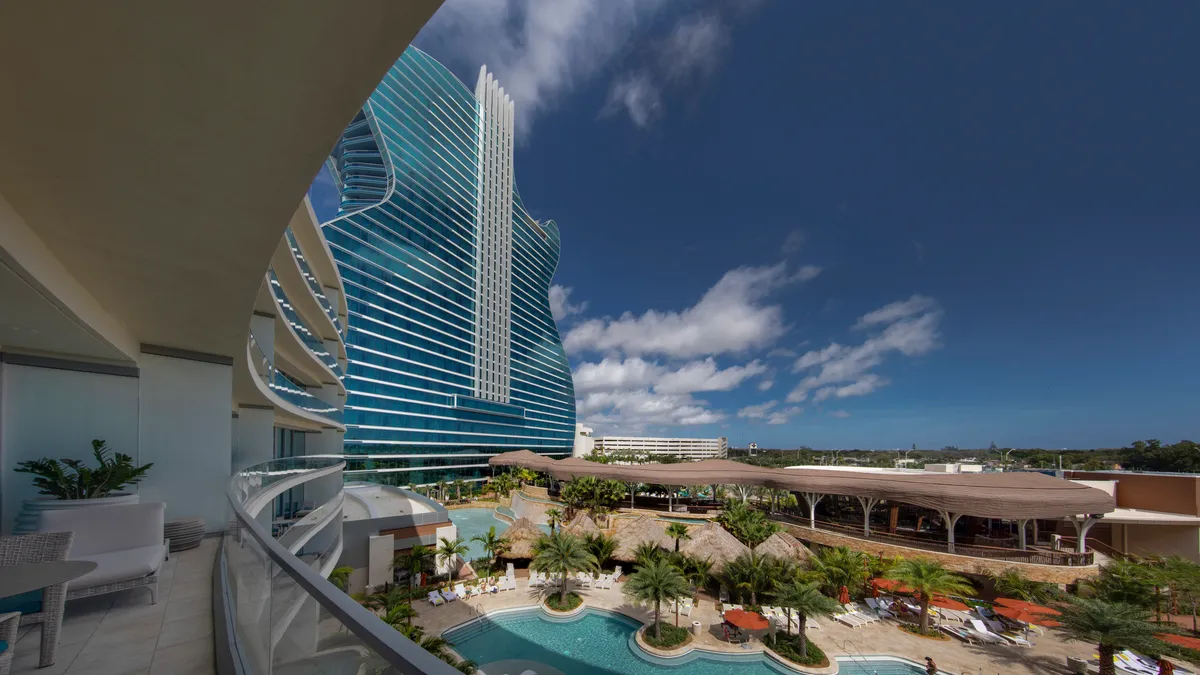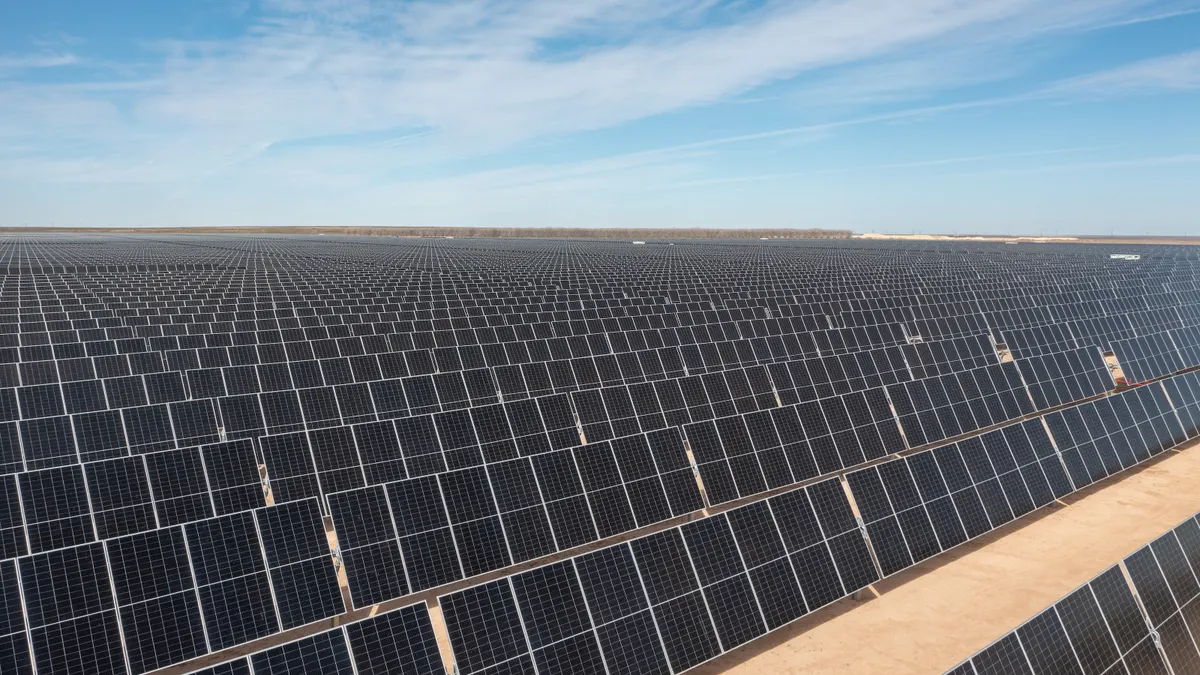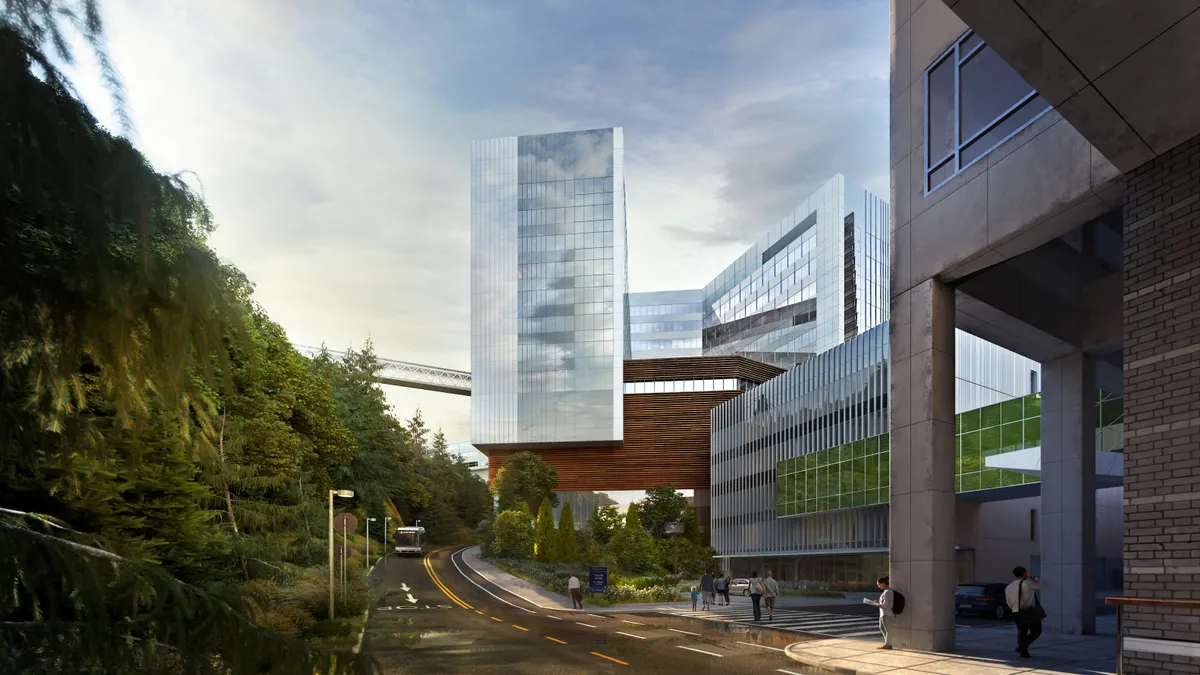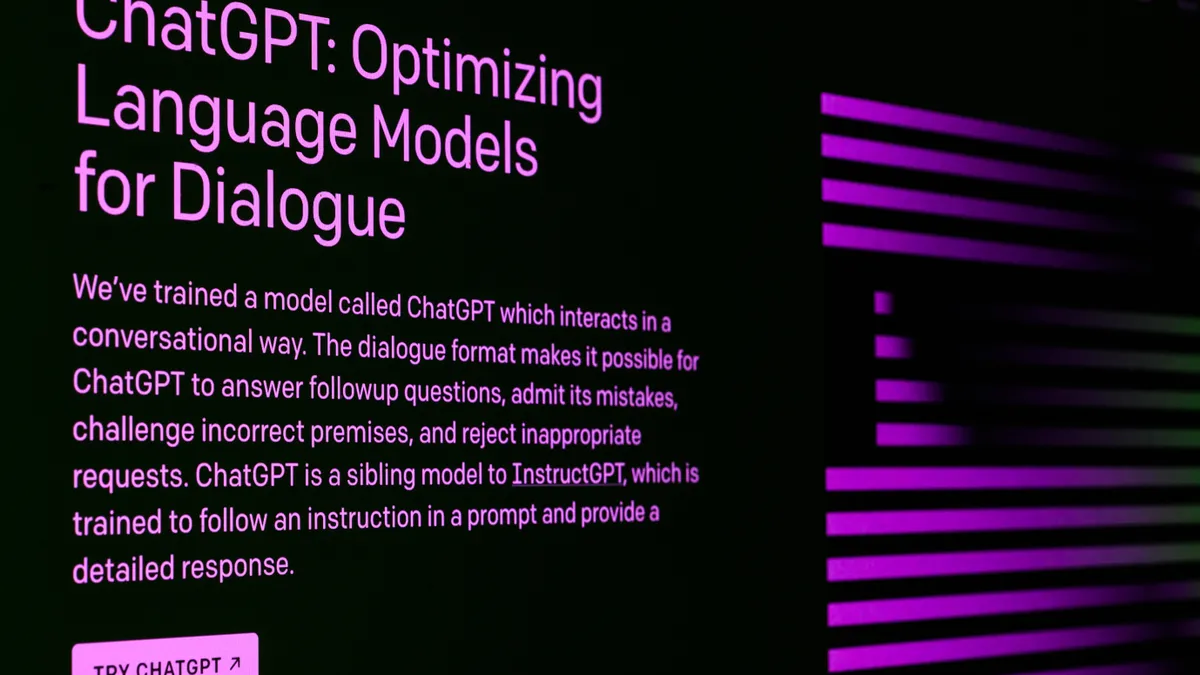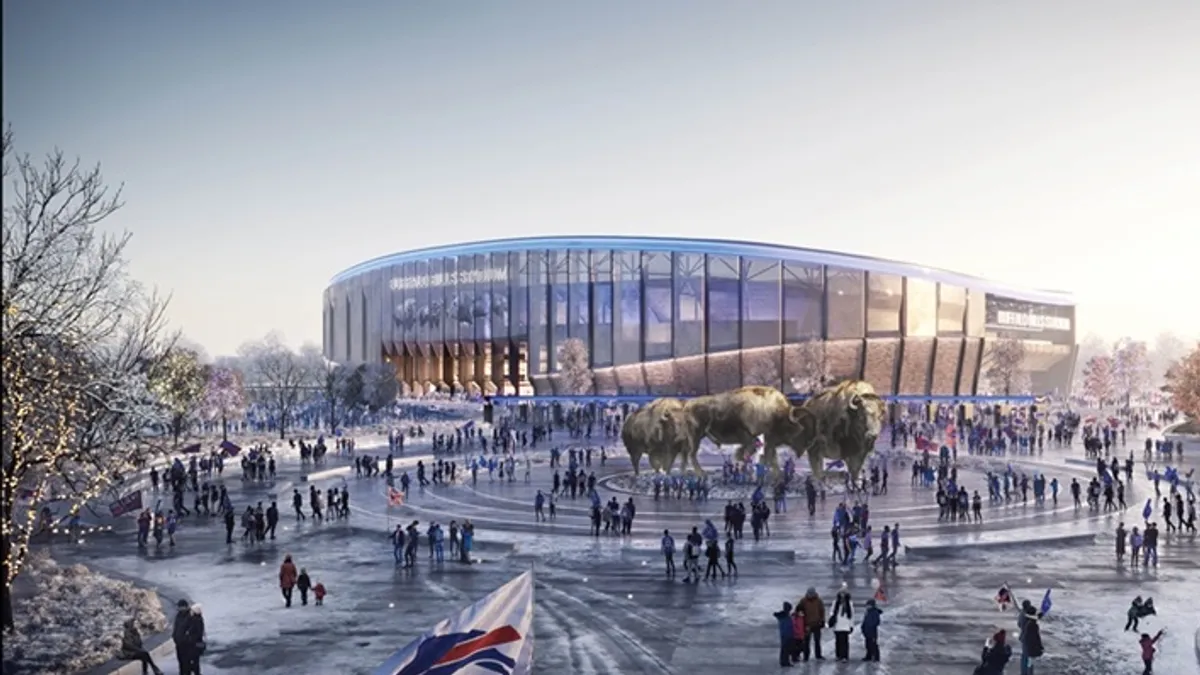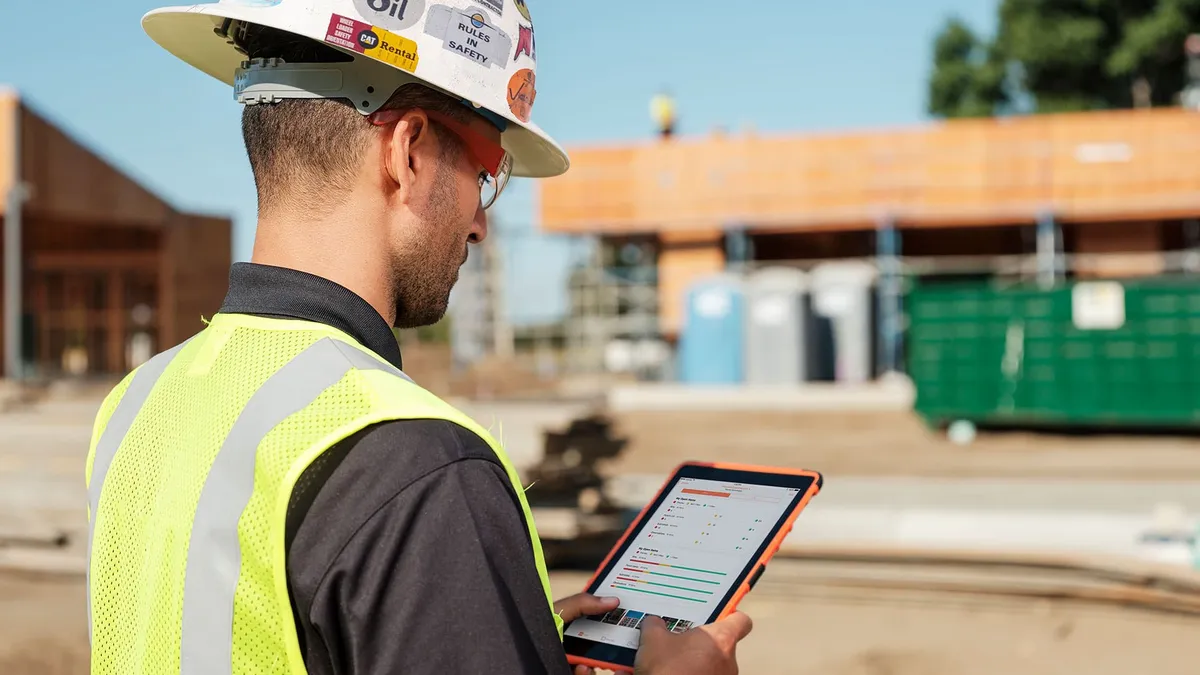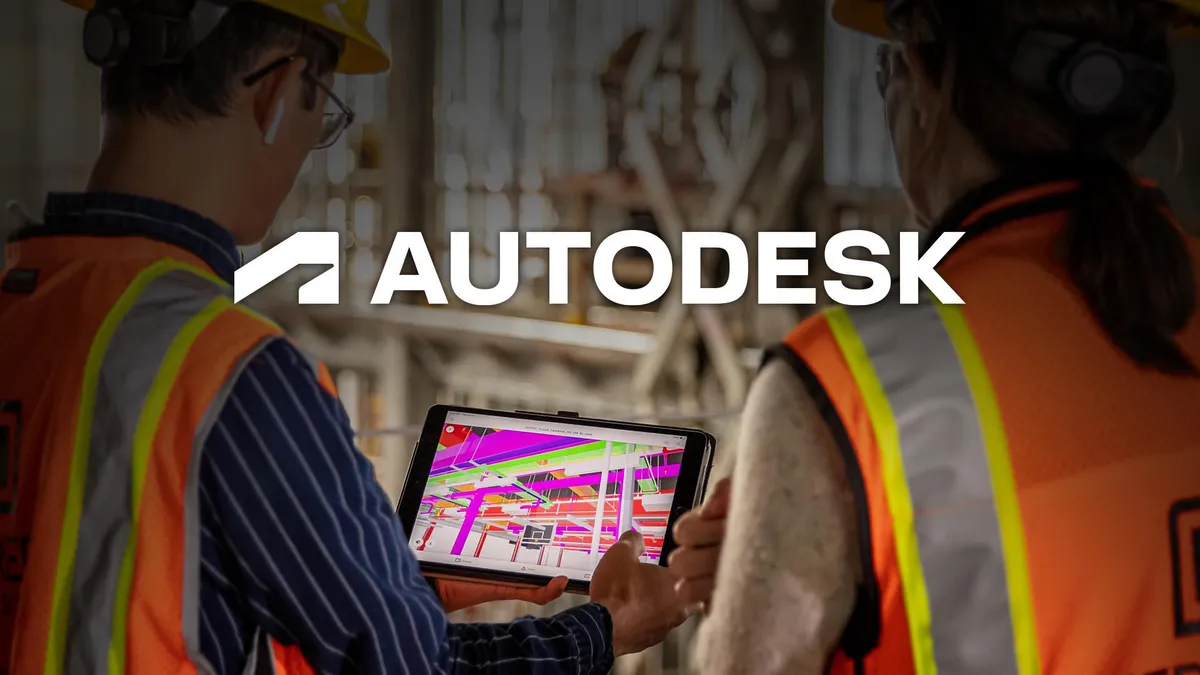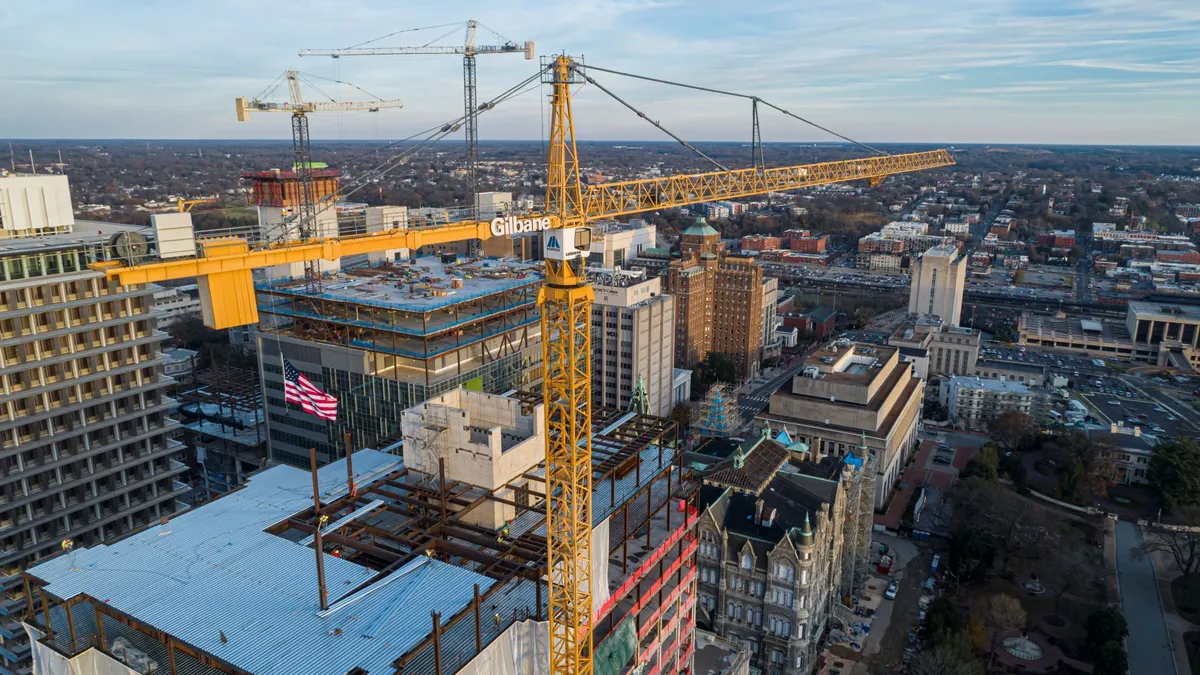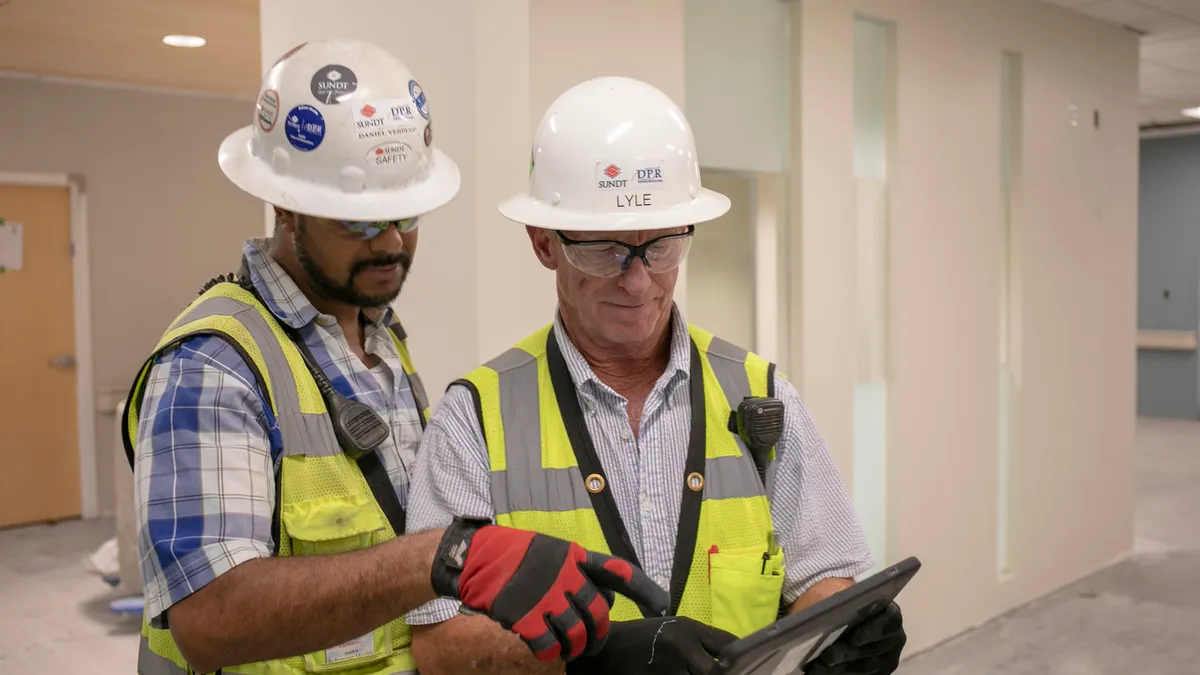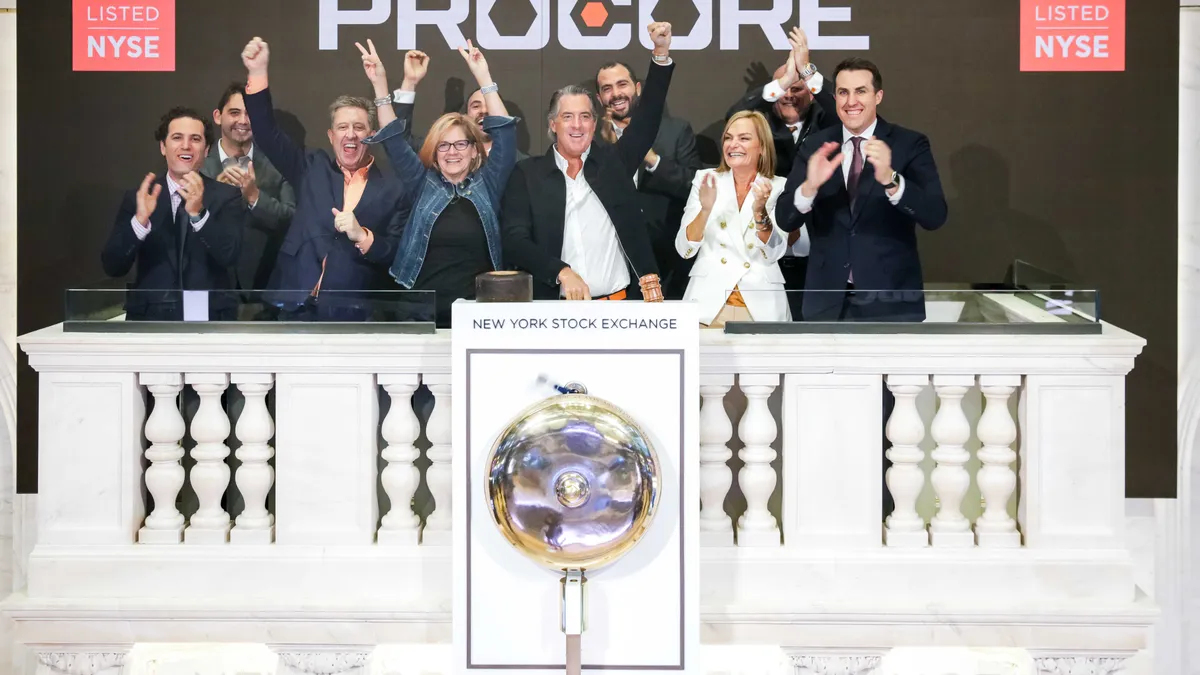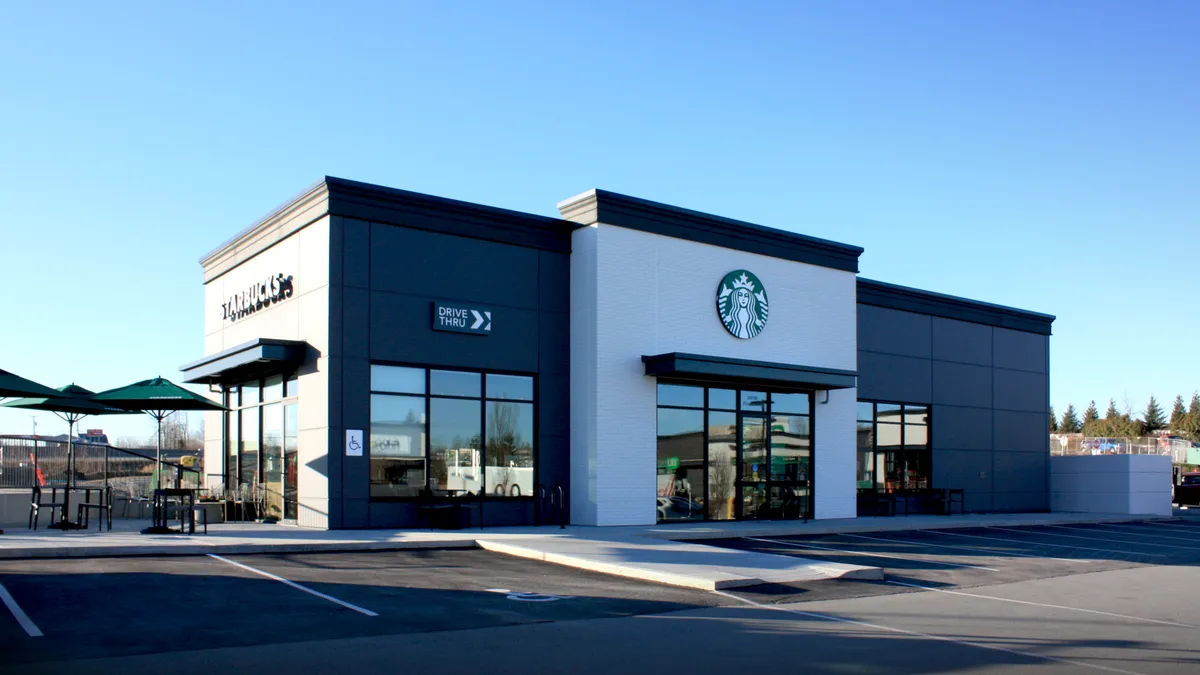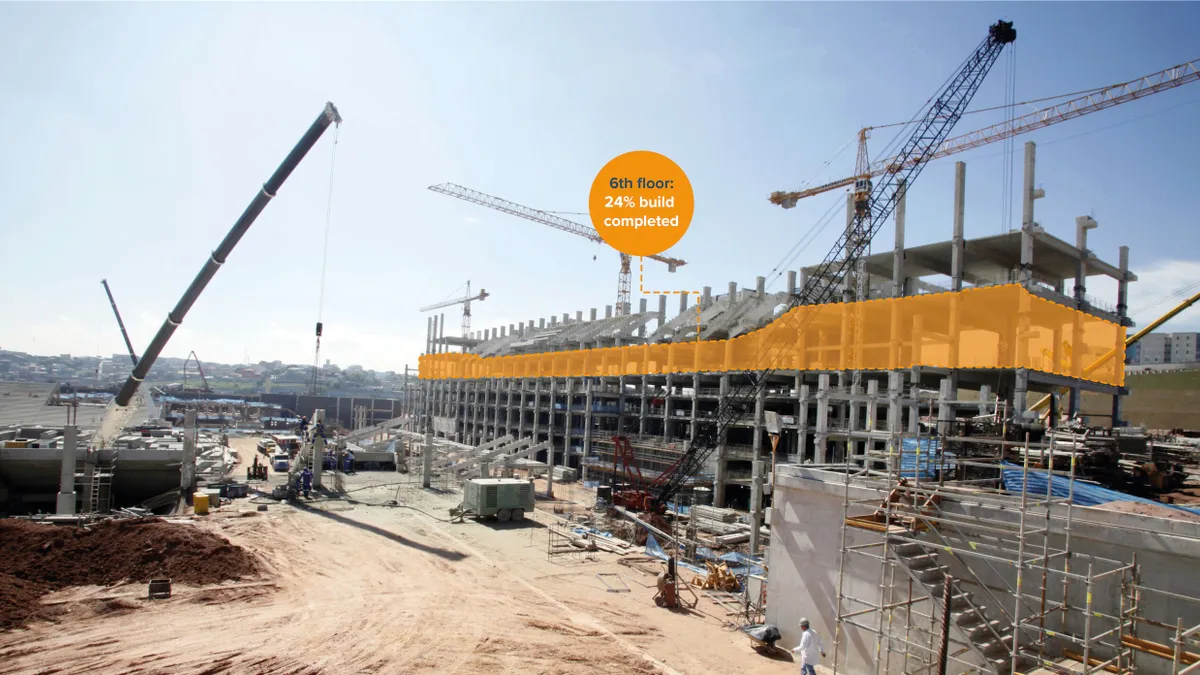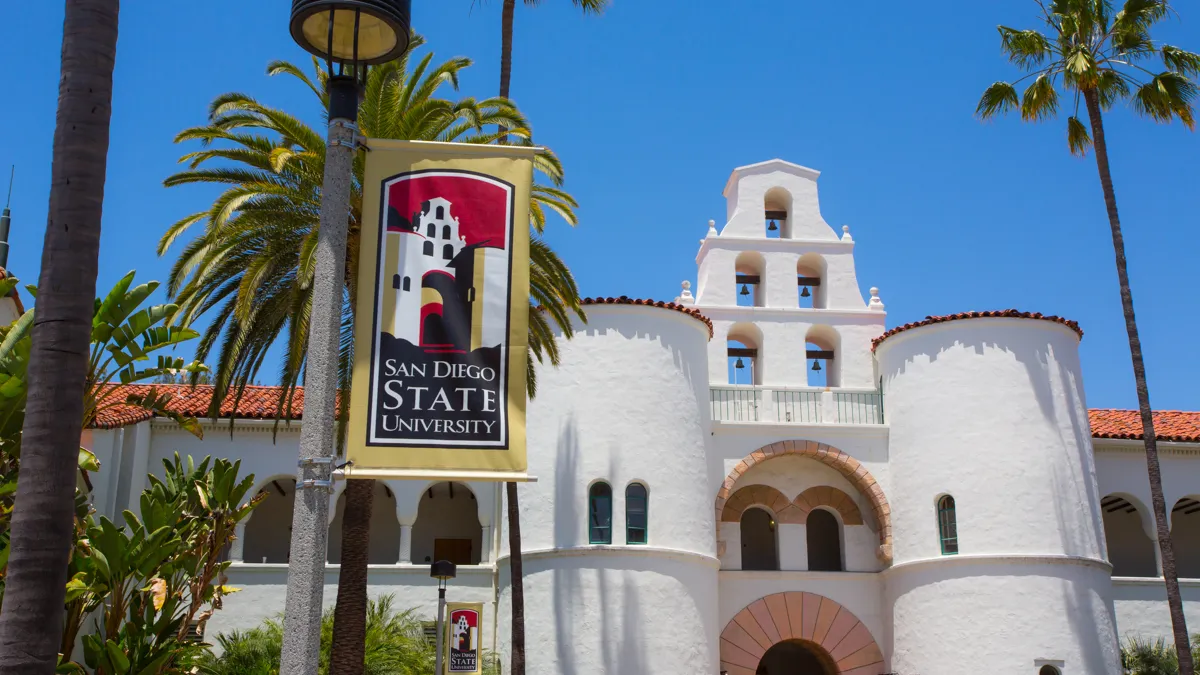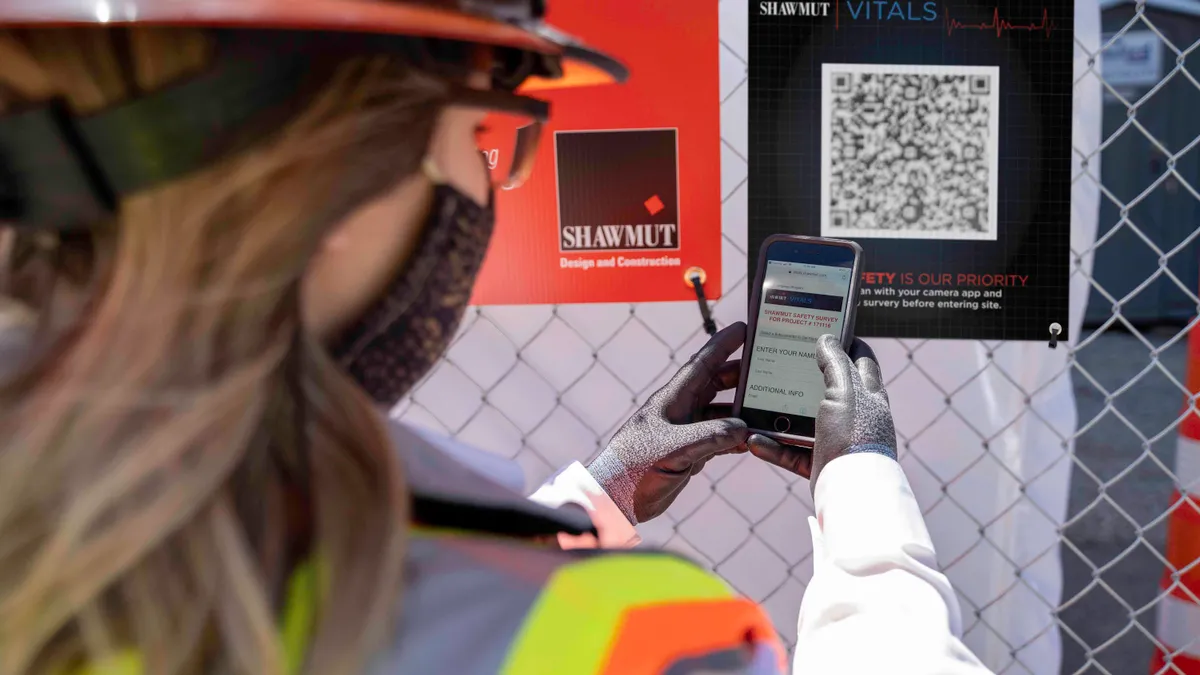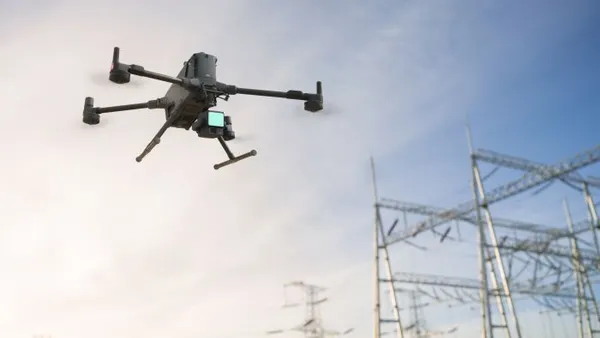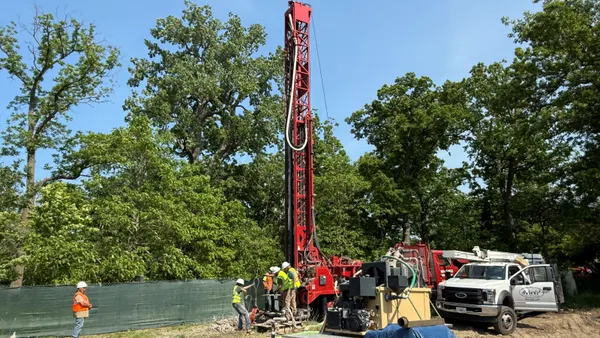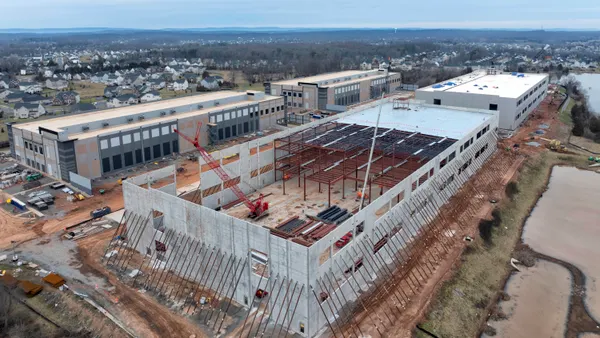ConTech Conversations presents a discussion with a leader in the construction technology field each month. Click here for past discussions.
René Morkos is excited about the future of construction.
Morkos is the CEO and founder of San Francisco-based construction software firm Alice Technologies, and has a doctorate in construction engineering and management from Stanford University, where he studied artificial intelligence applications for the building industries.
Morkos believes that AI advancement can’t be stopped — it can be regulated, and slowed down, but ultimately, the pace of progress will overtake any attempts to hold it back.
Here, Morkos discusses his company’s recent funding round, his excitement over contech’s future and the rapid evolution of AI.
Editor’s Note: This interview has been edited for brevity and clarity.
CONSTRUCTION DIVE: Everybody’s talking about AI, so much so that we recently ran a Q+A with ChatGPT. What do you think of the AI bubble?
RENÉ MORKOS: I don't know if it's an AI bubble.
The reason I state that is, when it comes to this technology, GPT-1 had 100 million parameters, or settings that dictate how a model generates text. GPT-2 had 1 billion parameters, and GPT-3 had 174 billion parameters.
The human brain has about 100 billion neurons. Parameters are not neurons, but you're starting to get in the vicinity of what a human brain can do. And, surprise, surprise, when you take that model, and you throw a bunch of information at it, it starts to behave very human-like.
What about the concerns that have been raised about the dangers and misuse of AI?
In the construction industry, we hear some people raise concerns about AI's potential to eliminate jobs. But what is important to remember is that ours is an industry in which the workforce has been shrinking. Some very experienced construction pros are retiring or are getting close to doing so, and we aren't bringing enough new people into the sector to make up for the losses. If AI can help the construction industry to be more efficient, then we'll be able to handle more work with a smaller talent pool.
I think what we should be most concerned about is that the genie is out of the bottle. I don't think any amount of government oversight can stop its eventual march to where it will go. It can slow it down. But I don't think it can stop it.
What does the construction space look like right now?
We're in the most exciting period in construction in the last two millennia.
When you look at what's happening in construction today, it's what happened to manufacturing in the 1980s. What I mean by that is, somewhere around 2015, there was a critical mass of computer power that suddenly became available.
Construction is the second-least digitized industry in the world, not because we're lazier and dumber than everybody else, but because we tend to solve problems that are bigger, more complicated than in other fields.
The technology for BIM has existed since the 1980s. The problem wasn't the technology — the problem was the computers weren't fast enough to crunch models of buildings.
We had to wait until 2015, until the computers became fast enough, you had cloud computing and the internet. The conflation of these three things led to what I call “the construction renaissance.”
With your addition to your Series B round earlier this year, your company has raised more than $60 million. What’s the current climate like for fundraising?
I think that we've got good advisors. We looked at the market in 2021 and realized that something was off. Companies that shouldn't have been raising money were raising money, and companies that were raising money were raising it at far higher multiples. I don't mean like 20 times — people were raising at 100 times, 50 times. It was kind of crazy.
What most people don't realize is you have to grow into that funding. We correctly anticipated that the market correction was coming, and we raised a lot. We raised basically everything we could.
It's been challenging every round, even when we had all the metrics, like 300% year on year growth. All the boxes were checked, and you would think that, “Hey, this is gonna be a walk in the park.”
I still did a lot of pounding the pavement and talking to a lot of people. For anybody out there, you're going to get a lot of no’s. You're going to get a lot of investors that will be skeptical.
But all you need is one yes. So for us, we're lucky that we've got the investors we have.



